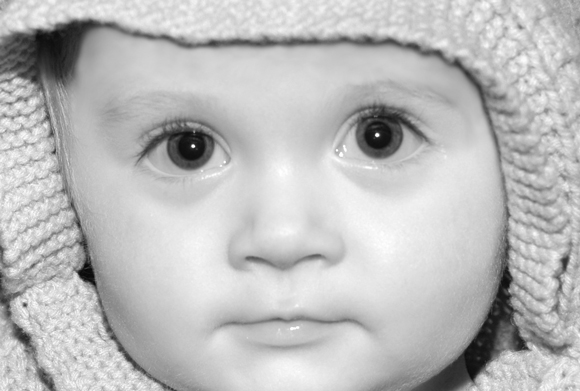What is Mindfulness?
By Christopher Joseph
Mindfulness, or mindful awareness, is very much a current buzzword. Its benefits have been filling the columns of main stream media, it’s being talked about around the NHS and within many a workplace up and down the country… but what is it?
Jon Kabat-Zinn, author of “Wherever you Go, There You Are” and founder of the Massachusetts Centre for Mindfulness, often defines mindfulness as “moment by moment, non-judgemental awareness”.
Vidyamala Burch, author of “Living Well with Pain and Illness: The Mindful Way to Free Yourself from Suffering” and founder of Breathworks, has defined mindfulness as: “a state of present moment attention where you can clearly perceive thoughts, physical sensations, emotions and events at the moment they occur without reacting in an automatic or habitual way“.
There are of course as many ‘definitions’ of mindfulness as there are mindfulness practitioners, and there is even a debate as to whether it can even be defined? Jon Kabat-Zinn often refers to his description as an ‘evocation’ rather than a ‘definition’. This in itself it a valuable pointer: we can gain a conceptual understanding of mindfulness, but it’s not until we actually experience it that we begin to understand it and feel its benefits for ourselves and others.
On the Breathworks 8-week mindfulness course we discuss the topic of mindfulness in week 1, and the participants leave with some understanding of it. However, when those same people come back over the following weeks with personal stories of having experienced mindfulness then that understanding takes on a whole new depth. These stories range from “not kicking the dog!” to “responding with patience, rather than habitually reacting, to a challenging comment from the boss” to “moving towards the unpleasant yet intricate and changeable qualities of physical pain, whist at the same time remaining open to the beauty of a setting sun”.
Sometimes it’s easier to reflect on what mindfulness is not. Mindlessness takes far less explanation. The news is covered with local, national and global examples of it on a daily basis. However, reflecting in this way carries a danger, a danger that we mistakenly label our absence of ‘gross-mindlessness’ as mindfulness, a danger that we sell ourselves short and don’t fully open to the richness that life can offer in each and every moment.
As I sit here at my laptop right now, it’s 7:45am on a Sunday morning and my family are still in bed. There’s an interplay occurring between the rhythmic sound of the keys under my fingers, the whirr of the CPU, the morning birdsong outside my window and the electronic nursery rhyme player being activated by my daughter who has just roused from her sleep in the neighbouring room. I’m aware of the harsh pull of the monitor screen on my eyes, and the counter restorative effects of taking a brief break to glance up at the unfolding dance of the silver lined clouds as they reflect the bright light of the morning sun. I’m aware of the ebb and flow of my breath as I type these words and the deep rumbling of my belly as it awakens from its own slumber. I’m pulled between the desire to continue with my writing and the call of my own body to replenish its energy resources.
All that in just a few moments… no wonder they call it mindFULLNESS! The truth is of course that we have access to experiencing life as this rich tapestry at any moment we chose to. There are many mindfulness ‘doors’ that allow us access into the present moment. These include mindfulness of our breath and body, mindfulness of our thoughts and emotions, mindfulness of our movement, mindfulness of our daily activities, mindfulness of our surroundings and mindfulness of our relationships with ourselves and others. The mindfulness meditation practices taught on the Breathworks course are indeed just that – practices. The practices form a mindfulness ‘tool box’ which we can call upon at any time during our day. Through practice, mindfulness can gradually become our default way of living.
Mindfulness, for me, is about many things: It’s about awareness, and about authentically acknowledging my experience in every moment, irrespective of whether it’s pleasant or unpleasant. It’s about responding creatively, rather than reacting habitually, to my thoughts, feelings and emotions with openness, honesty and often courage. It’s about being in touch internally and externally and not getting caught up in the constant mind chatter that is often so very seductive. It’s about maintaining a balance to my life, and about pacing myself in my daily activities so that my energies don’t become depleted. It’s about responding with love and kindness towards myself and others, and acknowledging the true interconnectedness of us all. Ultimately, it’s about opening up a space in each moment, a space where things can be seen as they are, not as I’d like them to be, a space of stillness and of clarity, a place where I can make choices that are in line with my own values – a place of freedom.
